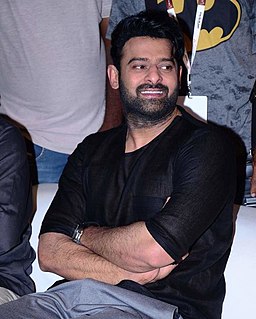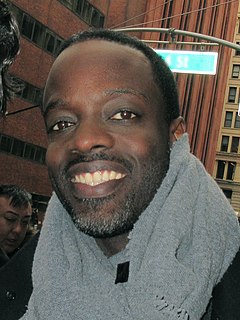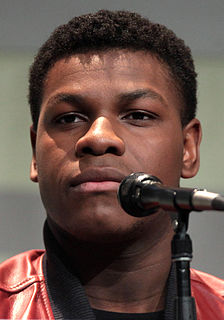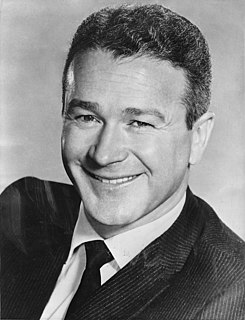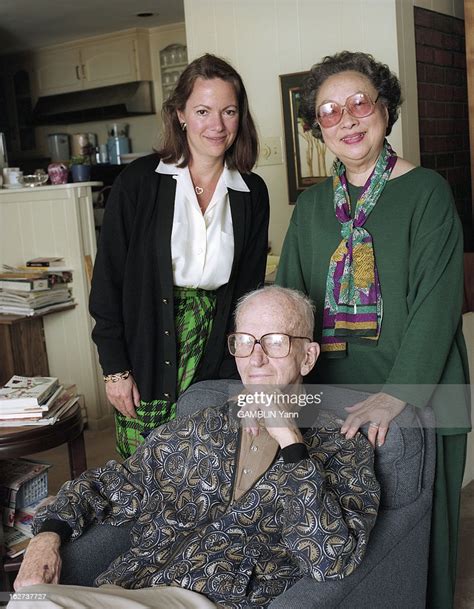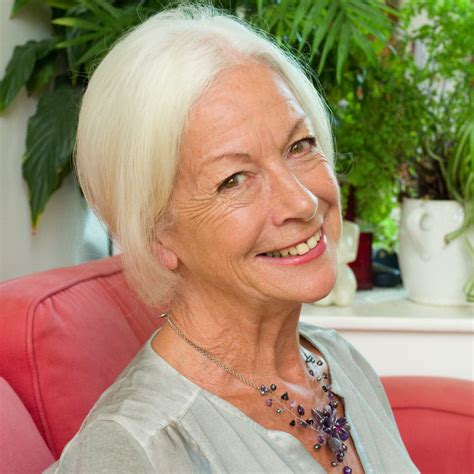A Quote by Clint Eastwood
Instead of calling everybody names, start being more understanding.
Related Quotes
It saddens me that in many churches today, you hardly hear the name of Jesus being mentioned. Instead, you hear psychology being taught. You hear motivational teachings. You hear 'doing, doing, doing', 'vision, vision, vision' or 'calling, calling, calling'. You hear very little of Jesus Christ and His finished work being taught. Is this what Christianity is about? Your doing, your calling and your vision?
What I do instead is I will cheerfully spend literally hours on identifier names: variable names, method names, and so forth, to make my code readable. If you read some expression using these identifiers and it reads like an English sentence, your program is much more likely to be correct, and much easier to maintain.
I see it in a lot of period pieces where everybody is standing and talking, in a stilted, archaic way, instead of being loose in the world. So, I try to do a little bit of research, just so that I can feel like I'm grounded, but then I try to bring as much of my human understanding that I can, under the filter of it being 1865.
You have to realize that for some of these people - definitely me when I was growing up - you treat every day like it's your last, because that's the reality of your situation. You never know when someone's going to go, because you're living in a war zone. It's almost like you're in a jungle, and you're just waiting for the predator to catch everybody one by one. So everybody cherishes each other. Instead of calling people the n-word, you're calling people "loved one." There is a level of appreciation for brothers and sisters in the hood.
I could start this review by stating that Dumb and Dumberer lives up to its name, or by calling it stupid, moronic, and idiotic, but I believe that approach is a trap, since a movie like this might relish being the object of such bland invectives. Instead, let me try a few that can't possibly be misconstrued as twisted praise: unfunny, boring, torturous, and unwatchable. ... [N]o movie could be more aptly compared to raw sewage than this film - Directed By Troy Miller.
More and more individuals worldwide are realizing that war does not solve conflict, nor resolve long-standing cycles of violence. As more of those who have this understanding communicate it to policy-makers and more particularly, start implementing it in their own lives and localities, change will start to happen.







